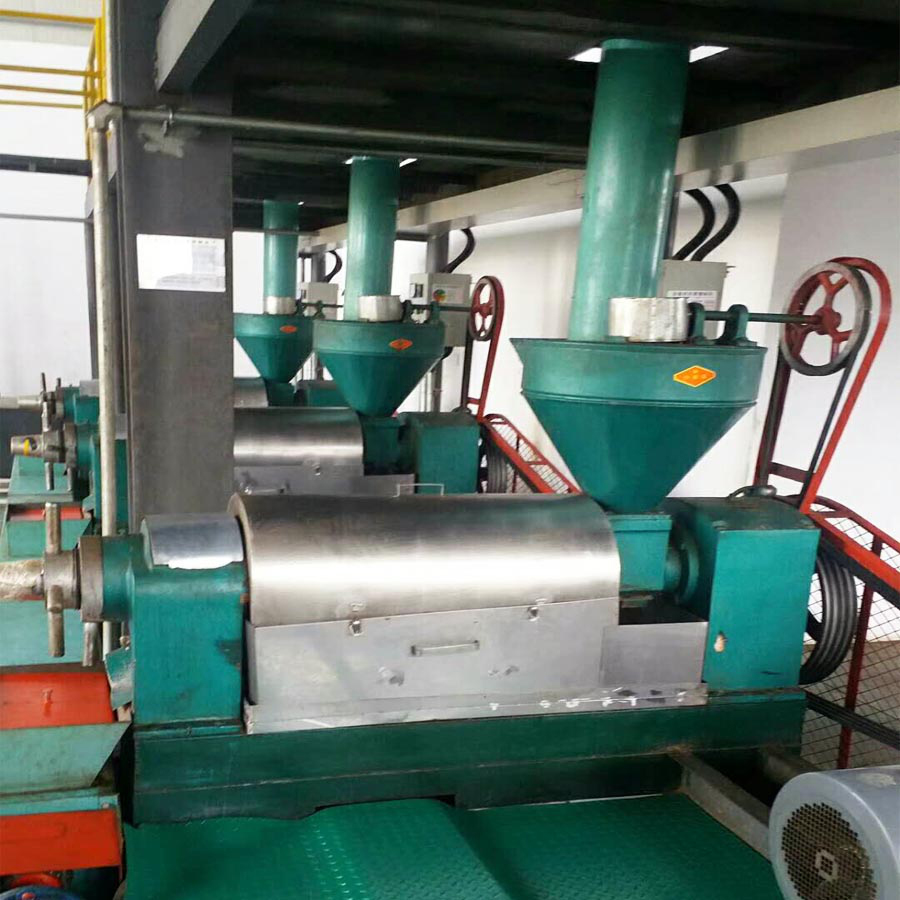Aug . 14, 2024 12:45 Back to list
Wholesale Refining Unit for Corn Germ Oil - Efficient Processing and Quality Enhancement Solutions
The Wholesale Corn Germ Oil Refining Unit An Overview
In today's burgeoning edible oil market, corn germ oil has carved out a significant niche due to its rich nutritional profile and versatility in culinary applications. At the heart of this burgeoning industry lies the wholesale corn germ oil refining unit, a facility dedicated to the extraction and refinement of corn germ oil for commercial distribution. This article explores the processes, benefits, and market implications of such refining units.
Understanding Corn Germ Oil
Corn germ oil is extracted from the germ of corn kernels, which is the part of the seed that germinates into a new plant. This oil possesses a relatively high smoke point and a light flavor, making it an ideal choice for frying, sautéing, and salad dressings. Rich in polyunsaturated fats, vitamin E, and phytosterols, corn germ oil not only enhances the flavor of dishes but also offers various health benefits, including improved heart health and cholesterol levels.
The Refining Process
The refining of corn germ oil typically involves several key steps designed to remove impurities and enhance the oil's quality. Initially, the crude corn germ oil is extracted using methods such as mechanical pressing or solvent extraction, often using hexane as a solvent. The extracted oil undergoes degumming, where phospholipids and other hydrophilic substances are removed using water or acidic solutions.
Following degumming, neutralization occurs to eliminate free fatty acids, which can contribute to off-flavors and reduced shelf life. This is usually achieved through the addition of sodium hydroxide, resulting in the formation of soap stocks that can be separated out. The oil then undergoes bleaching, a procedure that utilizes absorbent clays to remove color pigments and oxidation products. Finally, deodorization is employed to eliminate any residual odors and flavors, ensuring a clean and neutral oil ready for consumer use.
Advantages of Wholesale Refining Units
wholesale corn germ oil refining unit

Setting up a wholesale corn germ oil refining unit offers numerous advantages. Firstly, these units can operate on a large scale, allowing for the production of significant volumes of oil at competitive prices. This scale of operation enables economies of scale, reducing the cost per unit while increasing profit margins.
Furthermore, a wholesale refining unit can establish strong relationships with agricultural producers. By sourcing corn germ from local or regional suppliers, the unit can ensure a steady supply of raw materials while supporting local economies. This practice not only contributes to sustainability but also aligns with consumer preferences for locally sourced products.
Additionally, refining units serving the wholesale market can diversify their product offerings. Once established, these units can explore producing other oil variants or by-products, such as corn meal and cornstarch, maximizing profitability and resource utilization.
Market Implications
The demand for corn germ oil is growing, both domestically and internationally. Factors such as the increasing preference for healthy cooking oils, the trend towards plant-based diets, and the rising awareness of health benefits associated with corn germ oil are fueling market growth. As consumers become more health-conscious, the demand for quality edible oils is expected to rise, signaling a golden opportunity for wholesale refining units.
To capitalize on these trends, producers must ensure the highest quality standards and compliance with food safety regulations. Investing in advanced refining technology and adopting environmentally friendly practices are essential for staying competitive in this thriving market.
Conclusion
Wholesale corn germ oil refining units play a crucial role in the edible oil landscape, meeting consumer demands for high-quality, nutritious oils. By understanding the refining process and leveraging market opportunities, these units can thrive in the competitive agricultural sector, contributing to the health and wellness of consumers while promoting sustainable practices within the industry. As the market continues to evolve, the importance of corn germ oil will likely grow, solidifying its place in modern kitchens worldwide.
-
Expert Oil Filter Machine Service & Solutions | Quality & Reliability
NewsAug.22,2025
-
LZY-206 Double Screw Cold Oil Press – Maximize Yield, Preserve Nutrients
NewsAug.21,2025
-
Efficient Black Seed Oil Expeller & Multi-Seed Oil Press
NewsAug.19,2025
-
HP 120 Model Cold Oil Press-Hebei Huipin Machinery|Energy Efficiency, Multi-Functionality
NewsAug.18,2025
-
HP 120 Model Cold Oil Press-Hebei Huipin Machinery|Oil Extraction, Multi-Functional
NewsAug.18,2025
-
HP 120 Cold Oil Press - Hebei Huipin | Automation & Efficiency
NewsAug.18,2025
